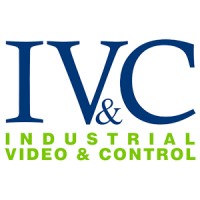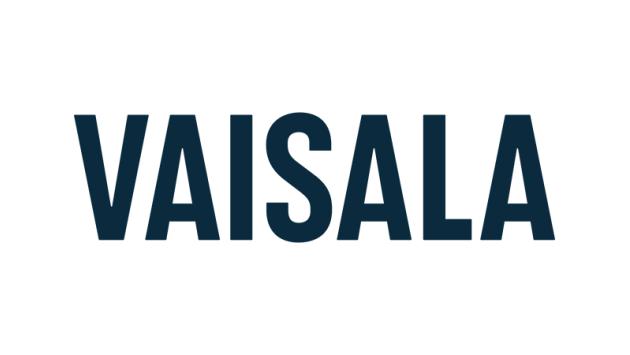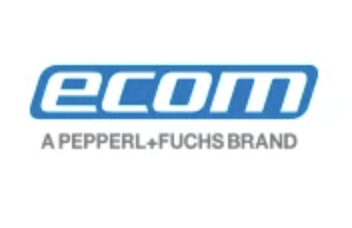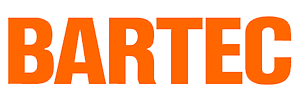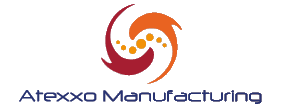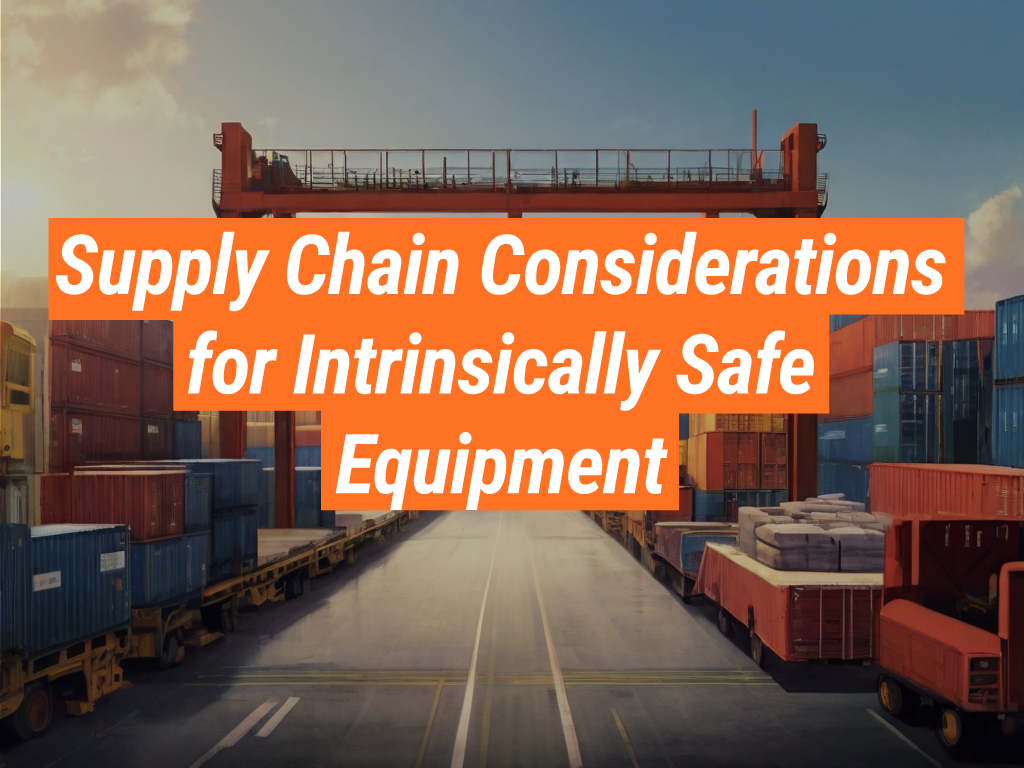When it comes to the procurement and management of intrinsically safe equipment, there are several key considerations that businesses must take into account. This is particularly true for companies like Intrinsically Safe Store, a leading provider of intrinsically safe products. In this article, we will delve into the supply chain considerations for intrinsically safe equipment, providing valuable insights and practical examples. So, let’s get started and don’t forget to visit the Intrinsically Safe Store for all your safety equipment needs.
Understanding Intrinsically Safe Equipment
Intrinsically safe equipment refers to devices that are designed to operate safely in hazardous areas where ignition of certain materials could lead to catastrophic events. These devices limit the energy, both electrical and thermal, to a level below that required to ignite a specific hazardous atmospheric mixture.
Key Supply Chain Considerations
When it comes to the supply chain for intrinsically safe equipment, there are several key considerations to keep in mind:
- Regulatory Compliance: Intrinsically safe equipment must comply with stringent safety standards and regulations. This includes international standards such as ATEX in Europe and IECEx worldwide, as well as national standards like NEC in the United States.
- Quality Assurance: Ensuring the quality of intrinsically safe equipment is paramount. This involves rigorous testing and certification processes to ensure that the equipment can operate safely in hazardous environments.
- Supplier Reliability: The reliability of suppliers is crucial. Businesses need to ensure that their suppliers can consistently deliver high-quality, compliant products on time.
- Inventory Management: Effective inventory management is essential to ensure that there is always sufficient stock of intrinsically safe equipment to meet demand.
Case Study: Intrinsically Safe Store
A prime example of a company that effectively manages these supply chain considerations is Intrinsically Safe Store. We ensure regulatory compliance by only offering products that meet or exceed the necessary safety standards. Our commitment to quality assurance is evident in our rigorous product selection process, which includes thorough testing and certification. We also work with reliable suppliers to ensure consistent product availability, and we maintain an effective inventory management system to meet customer demand.
In conclusion, the supply chain for intrinsically safe equipment involves several key considerations, including regulatory compliance, quality assurance, supplier reliability, and inventory management. By effectively managing these considerations, businesses like Intrinsically Safe Store can ensure the availability of high-quality, compliant intrinsically safe equipment. If you have any questions or need further information, don’t hesitate to contact us.







